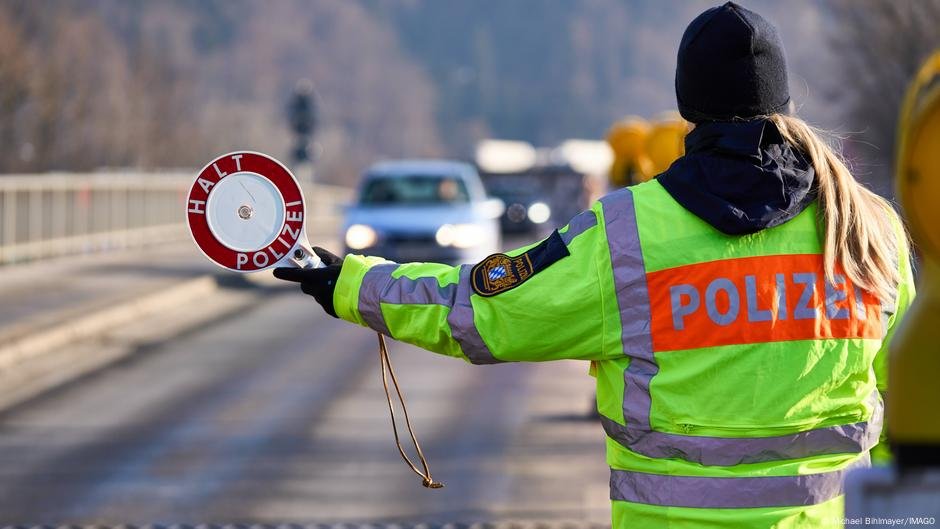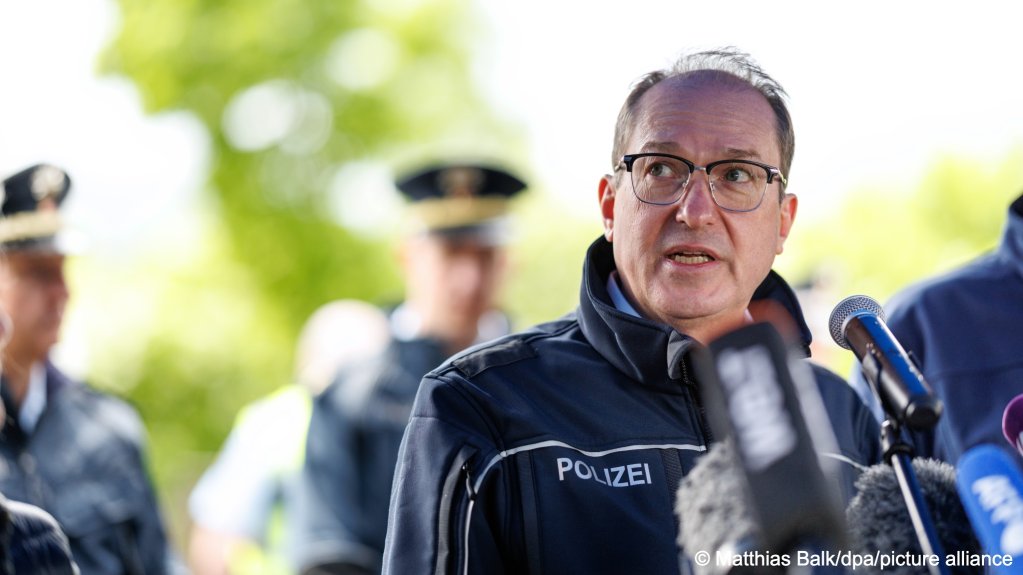German Interior Minister Alexander Dobrindt has tightened border controls and begun turning back asylum seekers, citing a shift in migration policy and the country's limited integration capacity.
About a week after intensified border controls were implemented in Germany, the new Federal Interior Minister, Alexander Dobrindt, reported a significant rise in rejections at Germany’s borders. The Federal Police turned back 739 individuals in the first seven days -- an increase of 45 percent compared to 511 the previous week. Among those rejected were 32 of 51 people who had expressed a desire to seek asylum. Vulnerable individuals such as children and pregnant women were allowed entry.
The previous week, 44 asylum applications were submitted by refugees -- all of whom were initially admitted into the country. The new controls are a “signal that migration policy in Germany has changed.” Dobrindt concluded: “The controls are working.”
Dobrindt had ordered the stricter border regime just hours after taking office on May 7, 2025, extending the authority to turn back asylum seekers -- not just those without asylum claims or individuals subject to entry bans due to prior deportations.
"This policy shift has already begun at the German borders," Dobrindt said in the Bundestag on Friday, referring to the rejection of migrants and asylum seekers. He added that deportations to countries like Syria and Afghanistan would resume, with a new policy of "detention or deportation" applying to individuals deemed threats or criminals.

This policy reverses the more open 2015 approach under Chancellor Merkel, reflecting concerns about overburdened public services like schools, housing, and healthcare in German cities. Although legally controversial under EU asylum rules, the German government justifies the policy by referring to national law and argues the move is necessary due to ineffective external EU border protection. The new approach has sparked political debate domestically and raised concerns among Germany’s neighbors about the burden of rejected migrants.
However, Dobrindt stated that Germany’s capacity to integrate had reached its limits: "And that’s why we have to act." He also pledged to take a tough stance on both right-wing and left-wing extremism, and announced plans to expand the powers of security authorities. One measure involves storing IP addresses from computers and mobile phones for up to three months to aid in identifying criminals.
Read AlsoGermany tightens border protections: Facts and figures
Legal ambiguity and political opposition
Criticism has already emerged from neighboring countries such as Poland, after Dobrindt confirmed a report by Der Spiegel, which said that the rejection of two Afghan migrants at the Polish border recently failed due to resistance from Polish officials. However, he stressed that overall there are no issues with Polish border authorities, but rather a cooperative partnership. Dobrindt confirmed the incident but emphasized generally cooperative relations with Polish authorities. In this case, he said, there had been a "discussion over jurisdiction" rather than a dispute, and the individuals were ultimately allowed into Germany.

The legal basis for rejecting asylum seekers at the border remains unclear and controversial, with criticism from coalition partner SPD and strong opposition from the Green Party, who label the measure "border theater". Green MP Marcel Emmerich condemned the policy as a "dangerous blind flight" and an affront to legal standards, saying asylum seekers fleeing war deserve proper legal proceedings, not blanket rejections.
The move comes alongside Poland’s announcement of a temporary suspension of the right to asylum for 60 days at a time — a policy that, together with rejections at the German border, further complicates the situation for asylum seekers fleeing violence and seeking protection in a safe country.
Dobrindt responded by clarifying: "We are not sealing off Germany or closing the borders." He characterized the approach as "smart border controls" -- "effective and humane". An additional 3,000 police officers have been deployed, bringing the total to 14,000, some working 12-hour shifts. Still, concerns persist about the long-term sustainability of the expanded operation.
Read AlsoGermany: What is the legal situation for asylum seekers under new border rejection policy?
Decline in numbers and shifting routes
According to the German newspaper Welt, citing figures from the Federal Police, irregular entries have dropped sharply this year. By early May, just over 22,000 such crossings were recorded, compared to 83,500 during the same period in 2024, and 127,500 in 2023. However, the reasons for the decline may lie not only in tighter controls in Germany, but also along migration routes through Europe or during Mediterranean crossings.
Manuel Ostermann, head of the German Police Union, welcomed the drop in numbers: "The border controls and the consistent application of national law are a success and are reducing the migration pressure that had long overwhelmed Germany."
Dobrindt emphasized that the goal remains a Europe without internal border checks, and that requires effective control at the EU’s external borders. All neighboring countries, he said, share the interest in reducing Germany’s pull factor, and he remains in regular contact with his counterparts in France, Austria, and Poland.
Read AlsoGermany's Merz emphasizes reducing secondary migration from Greece
With dpa and Reuters
